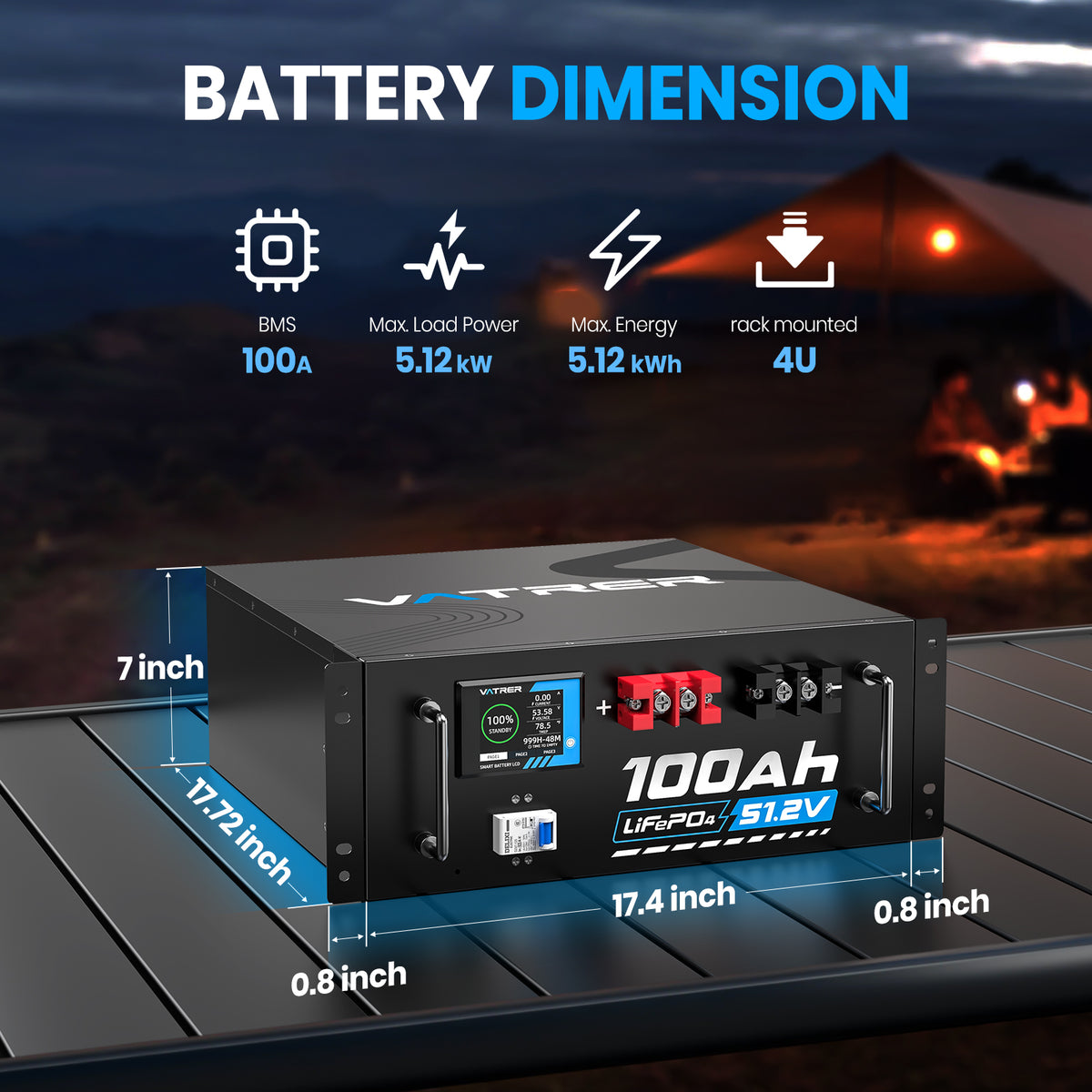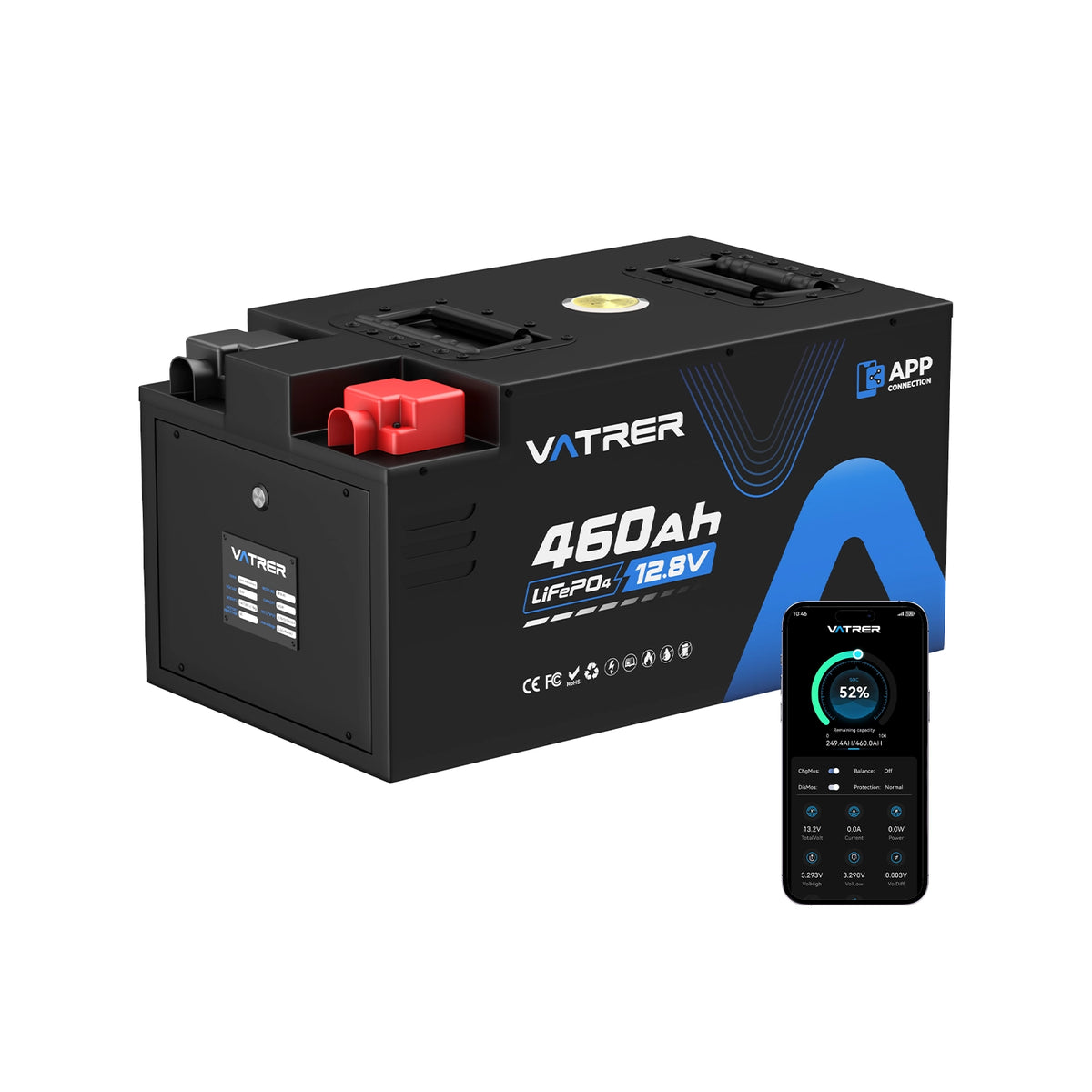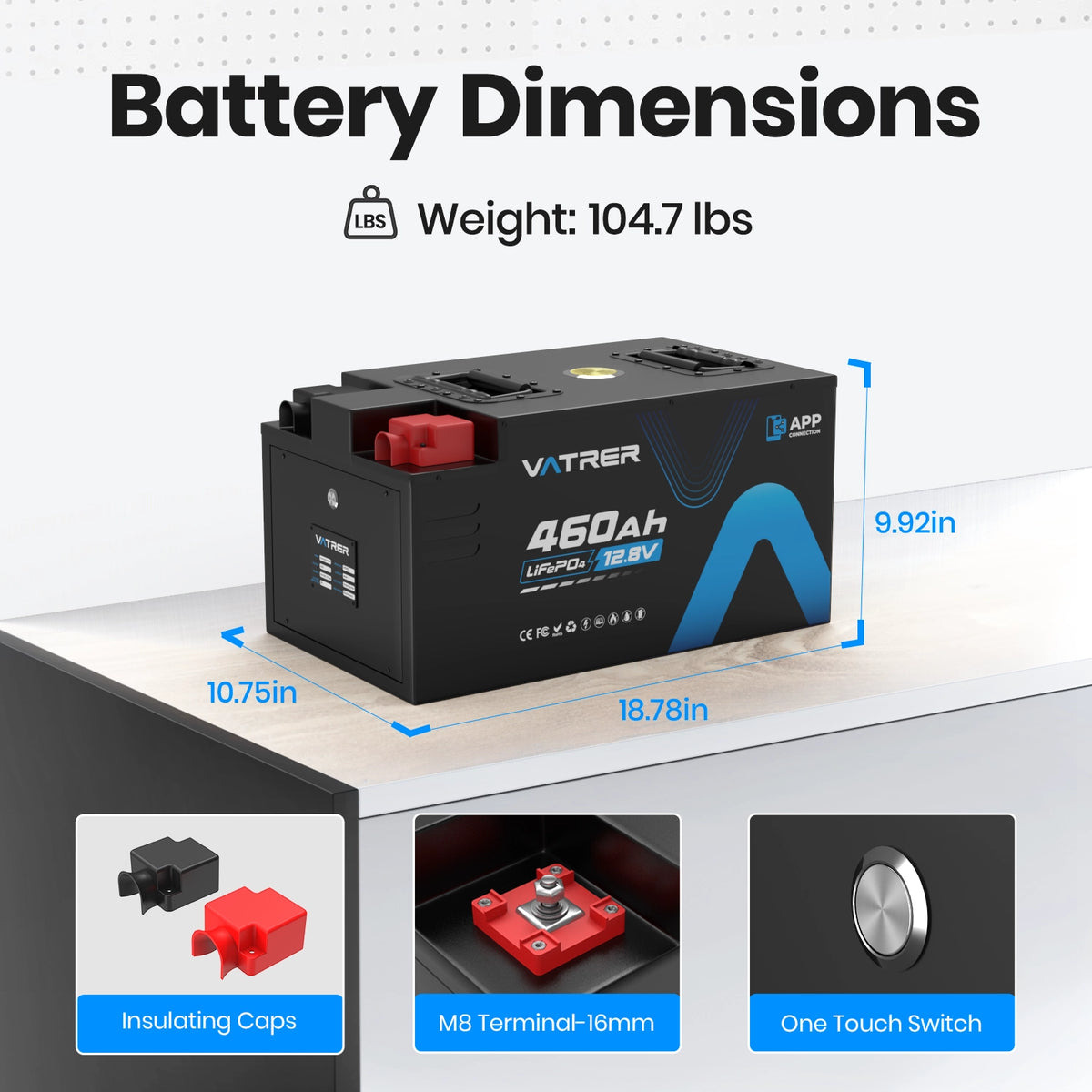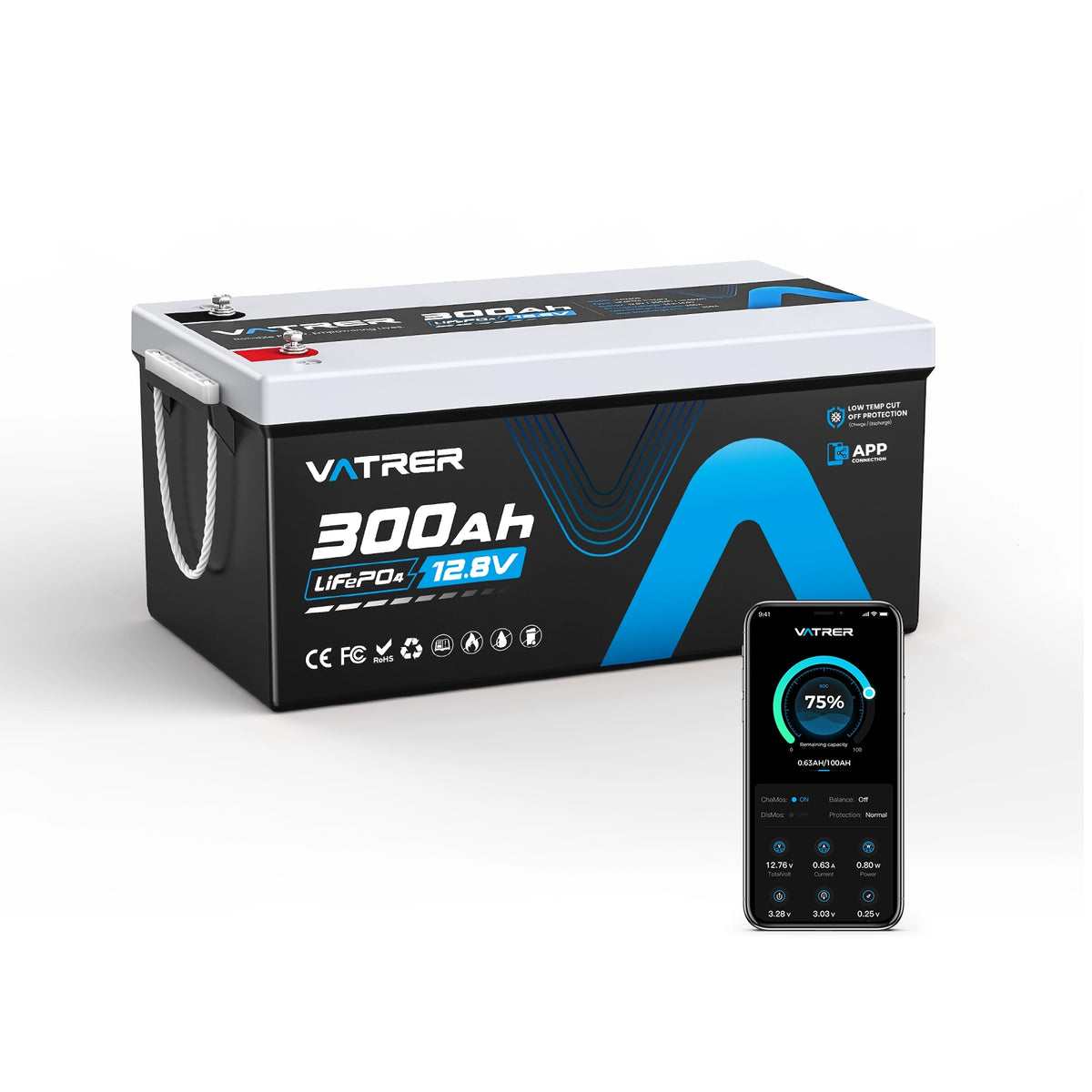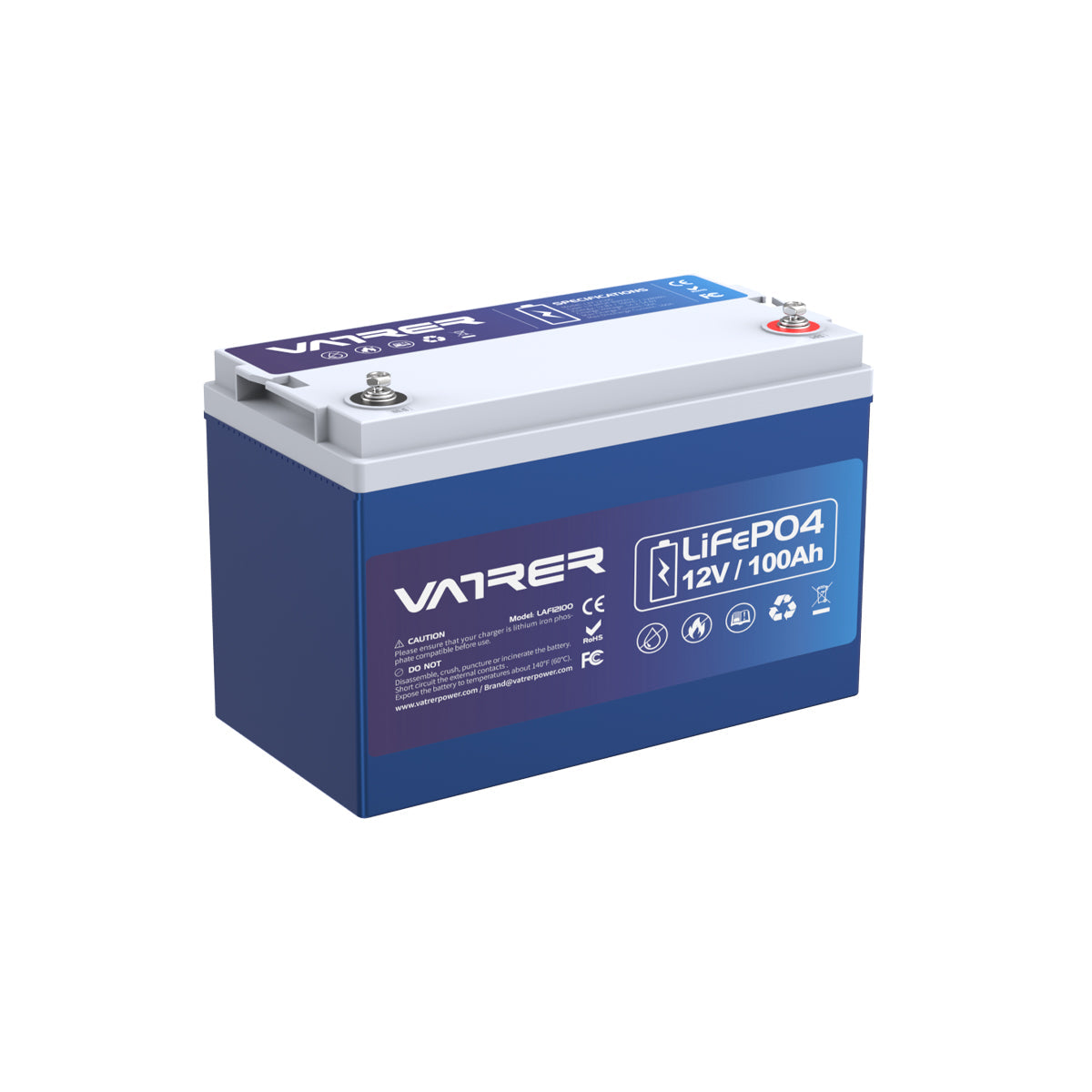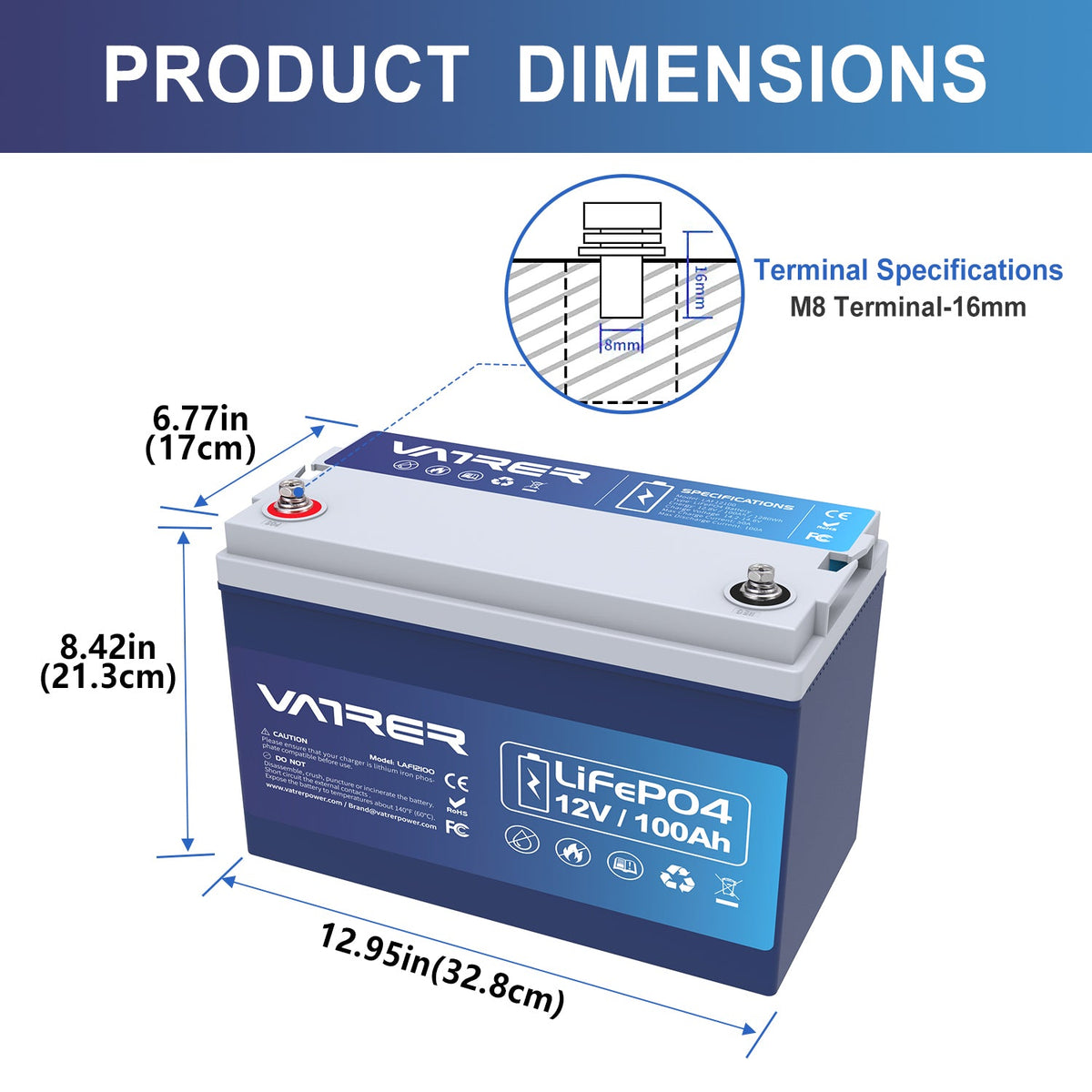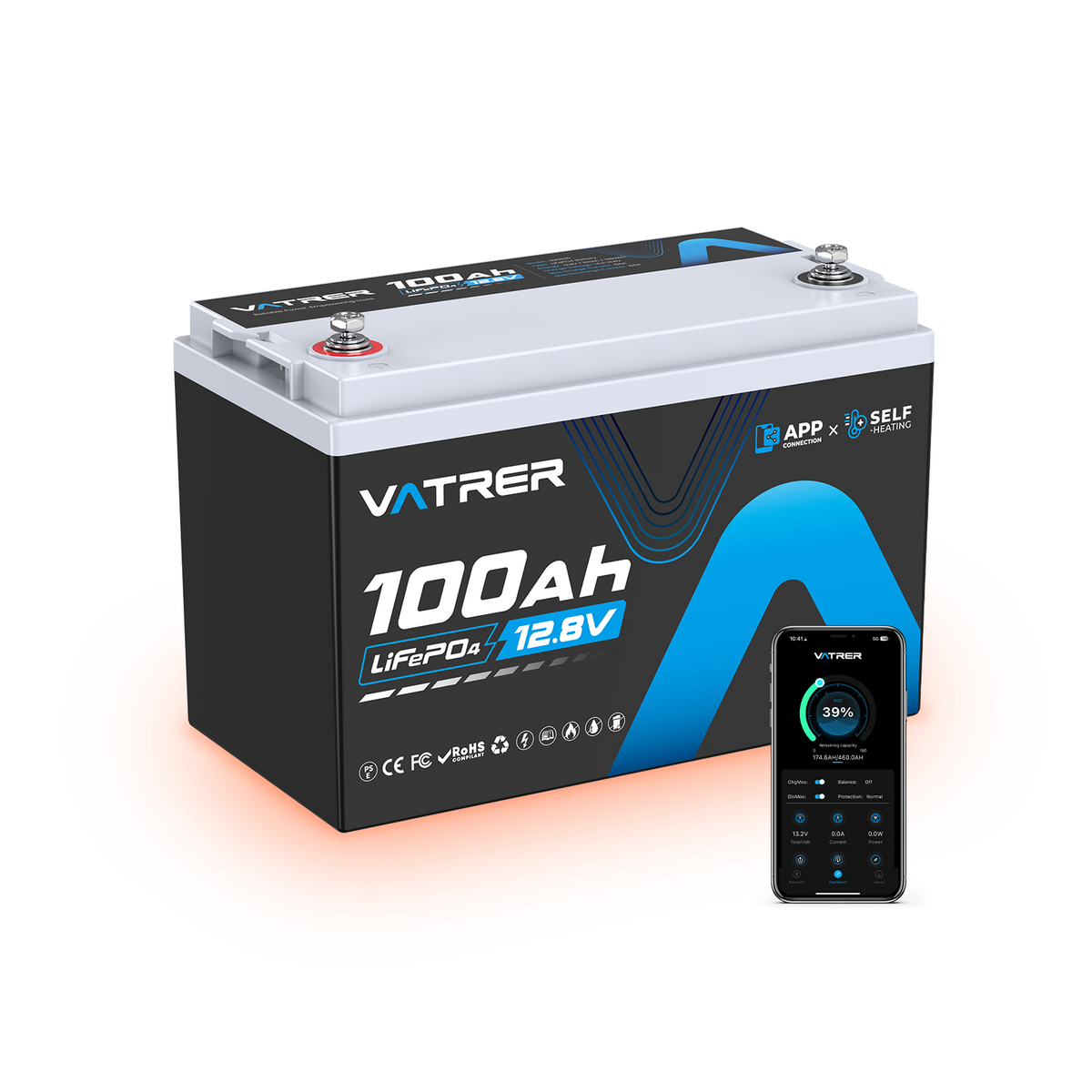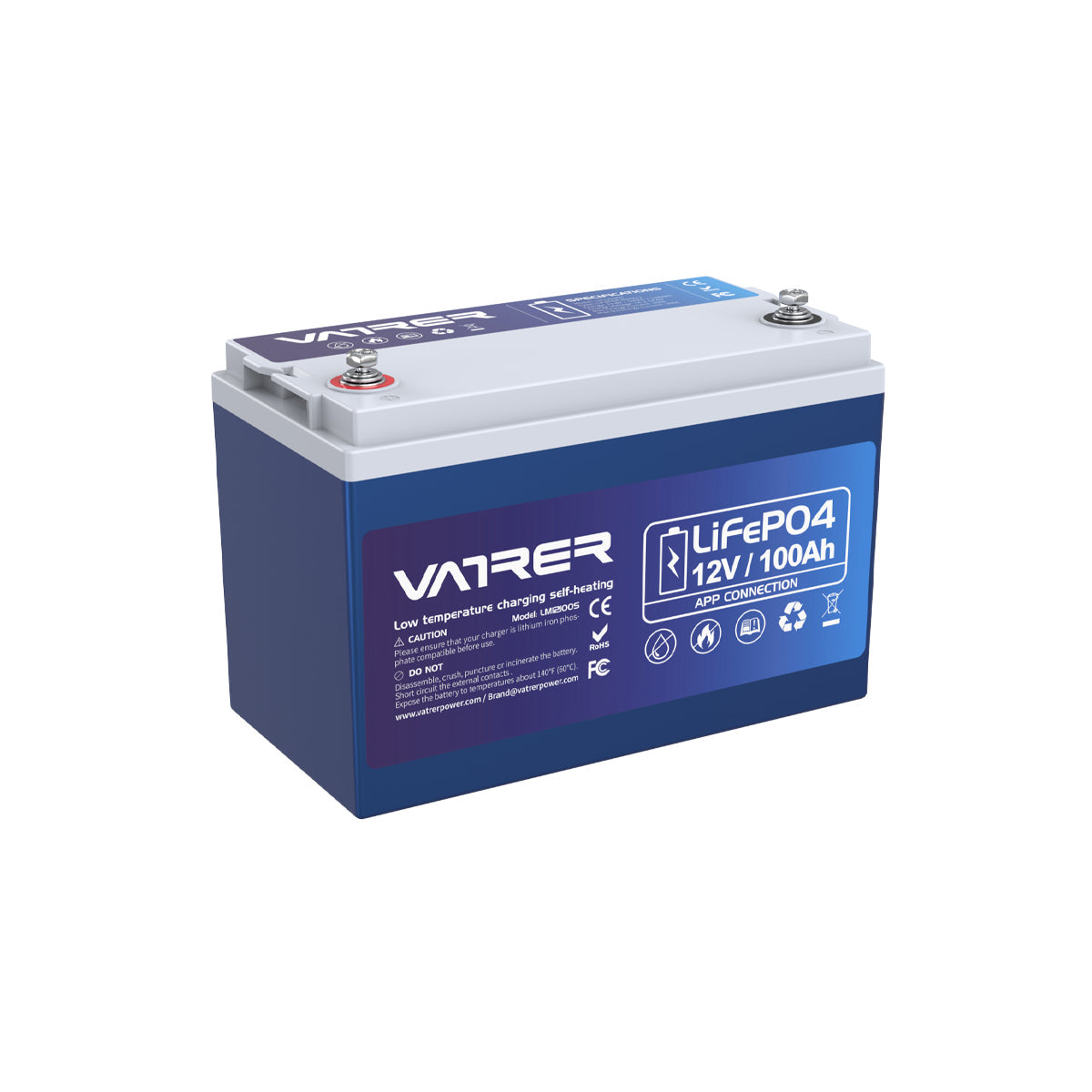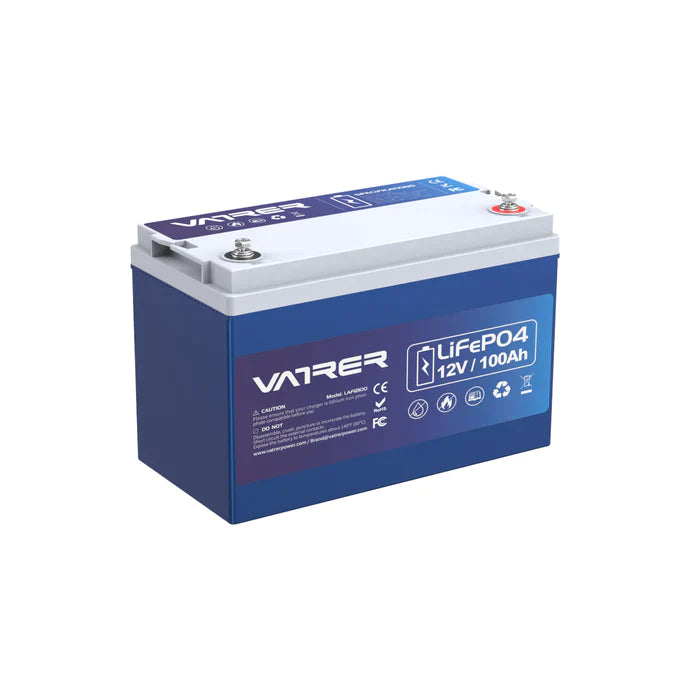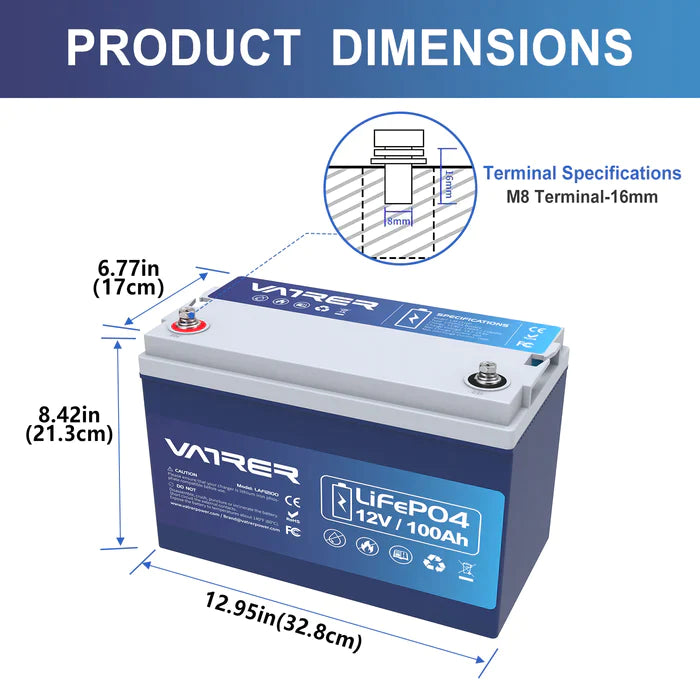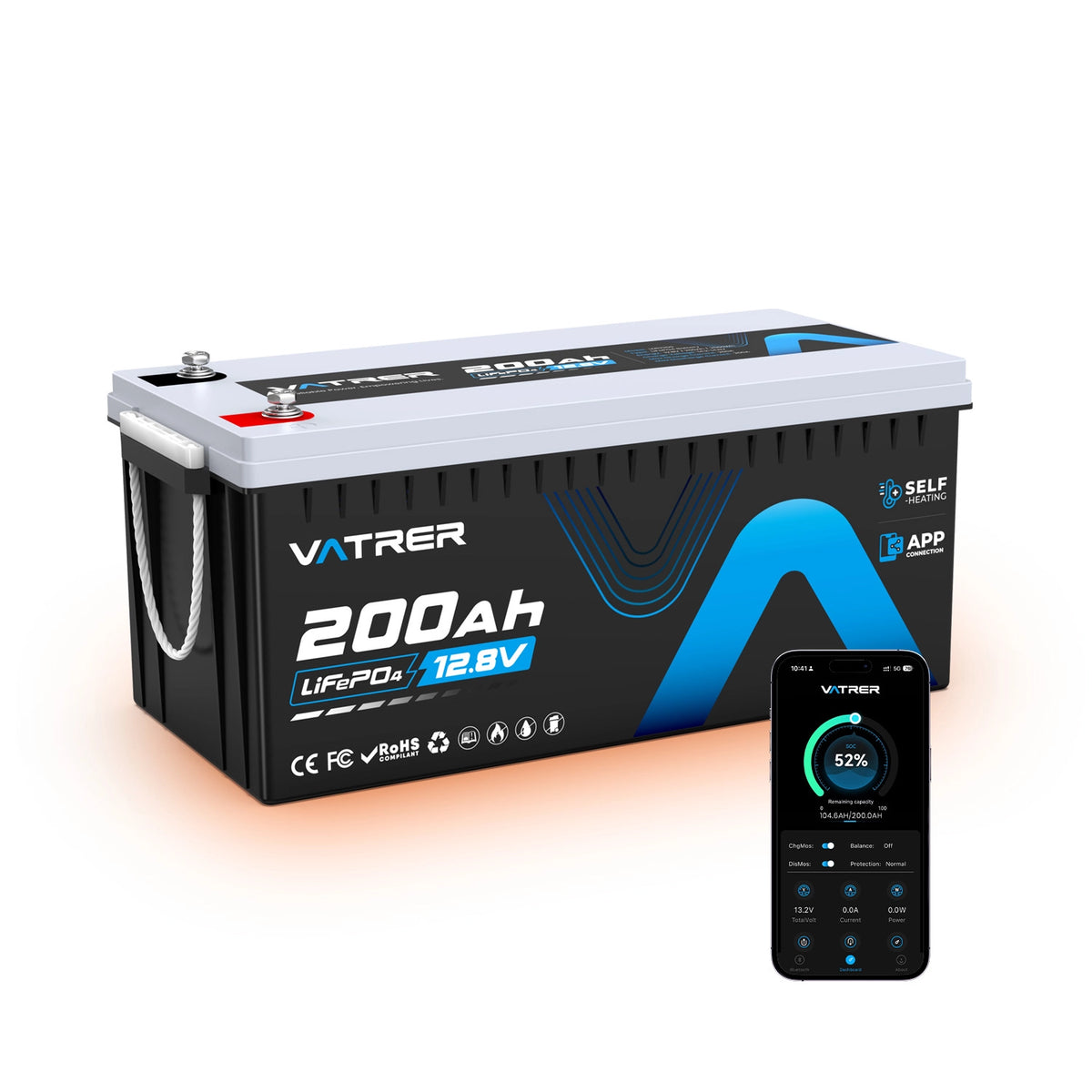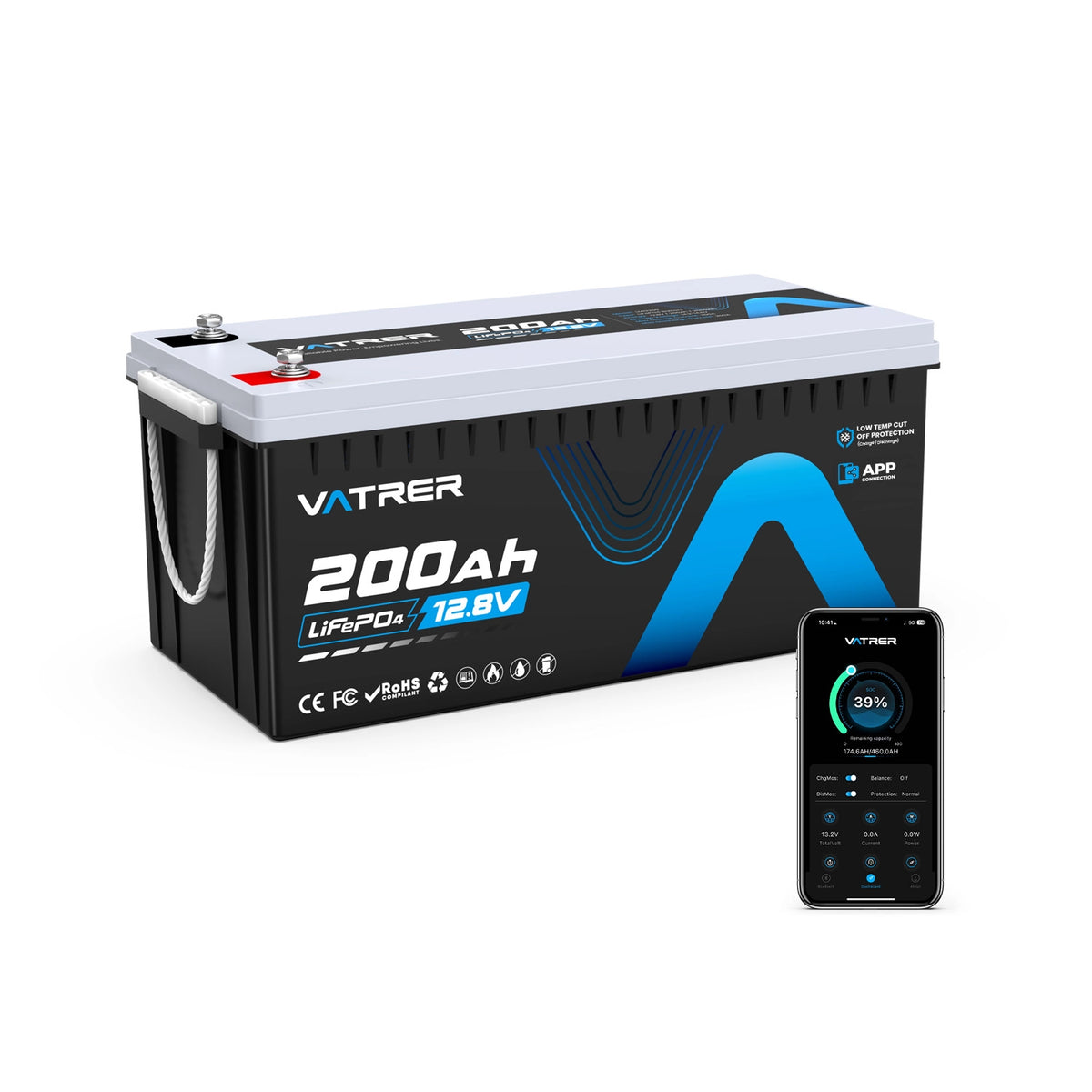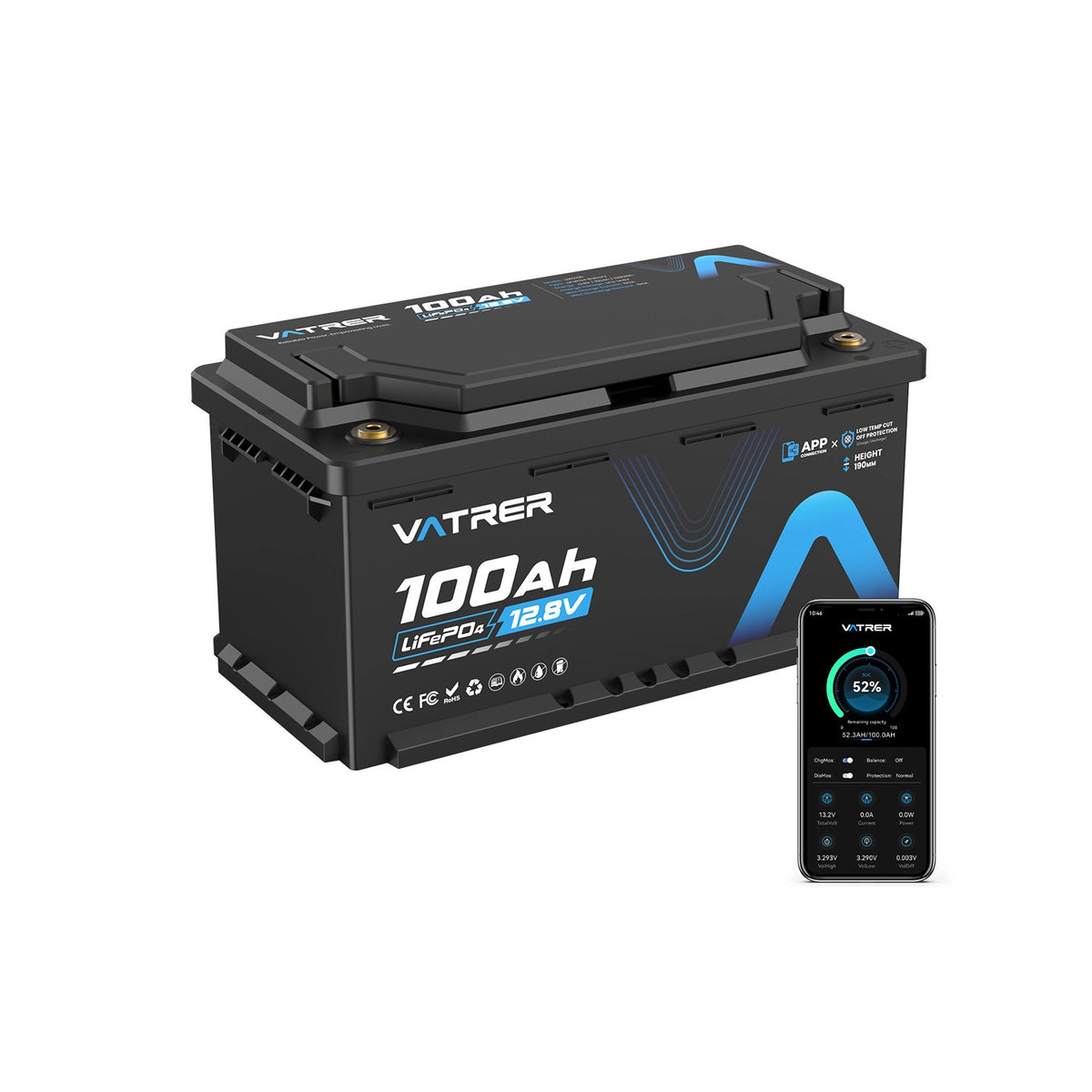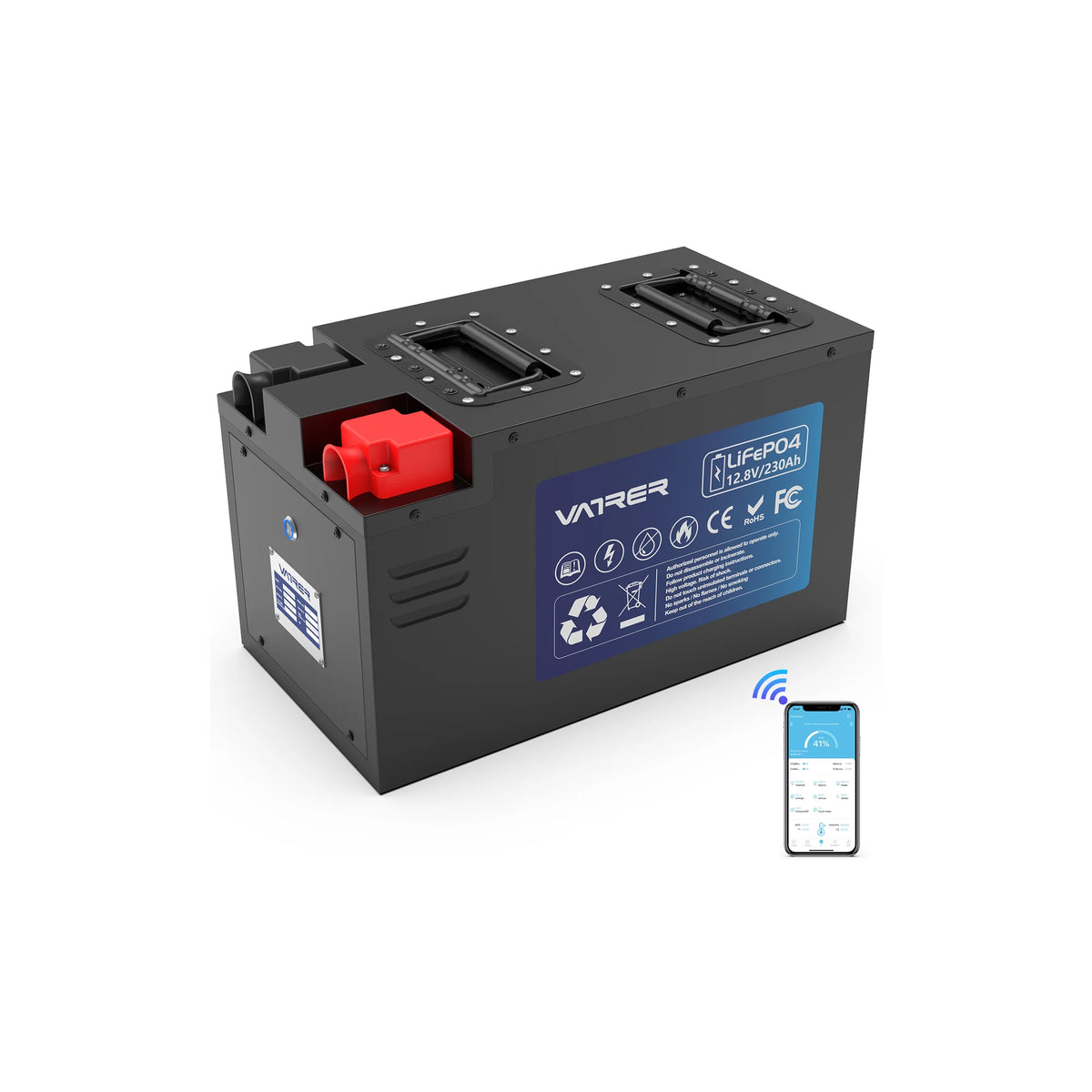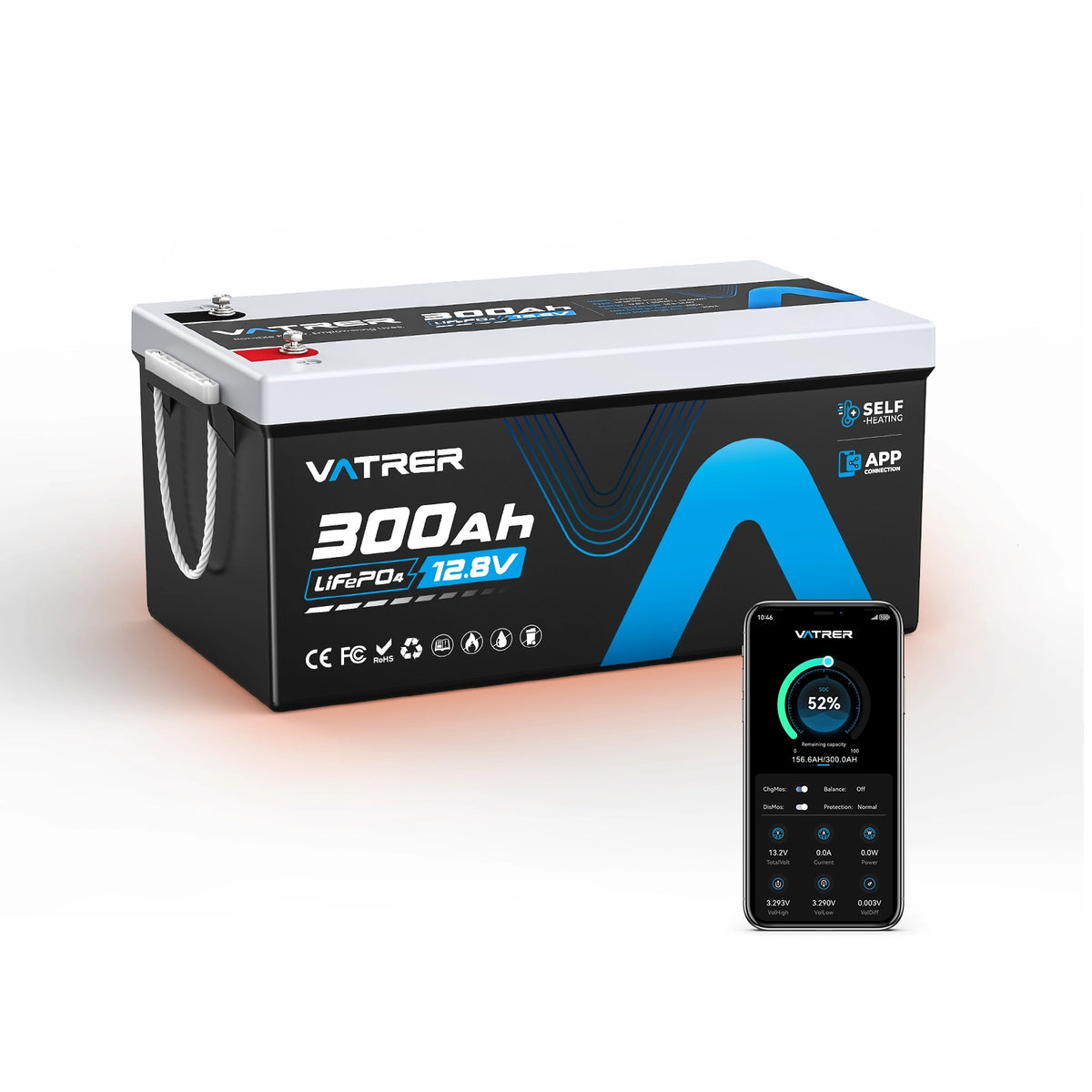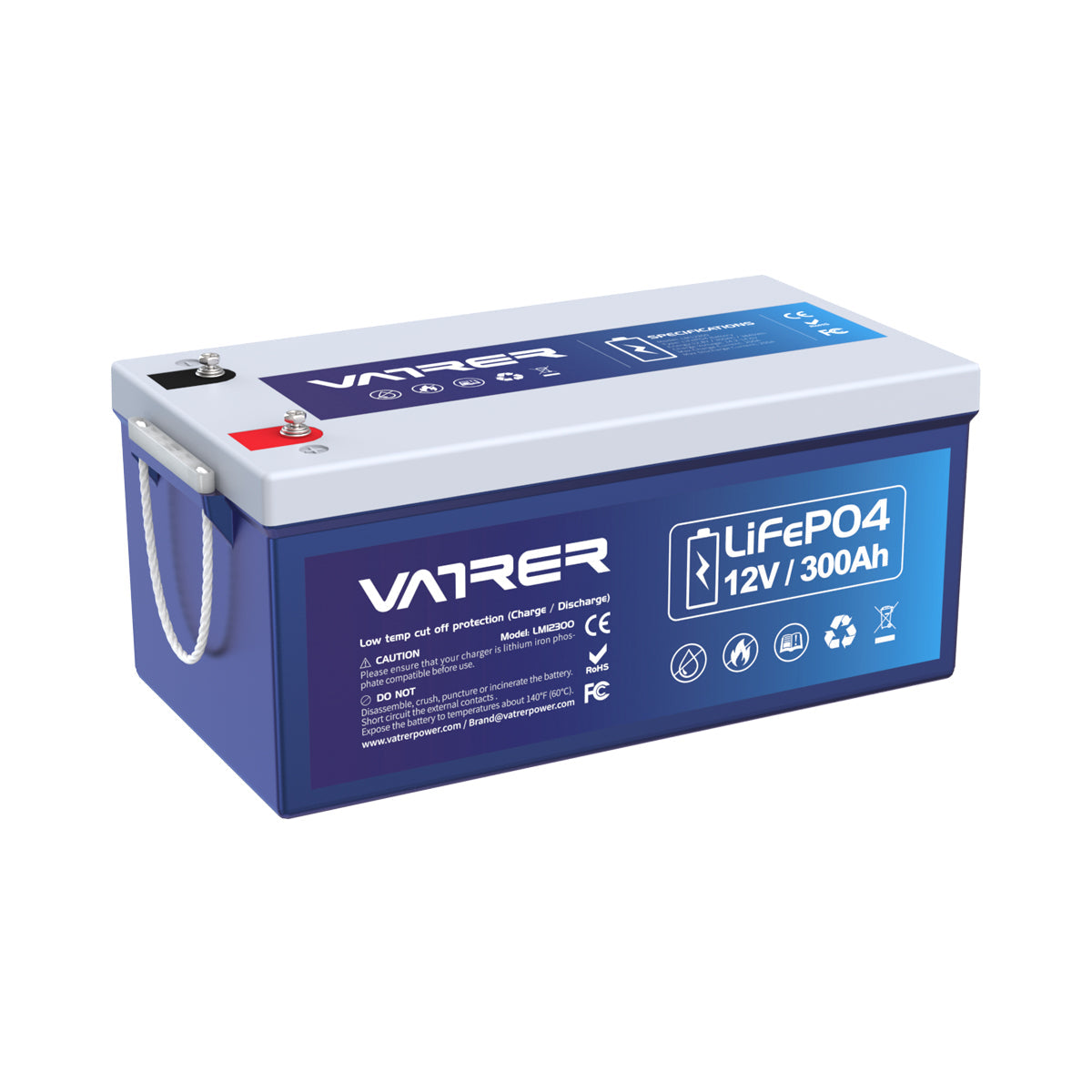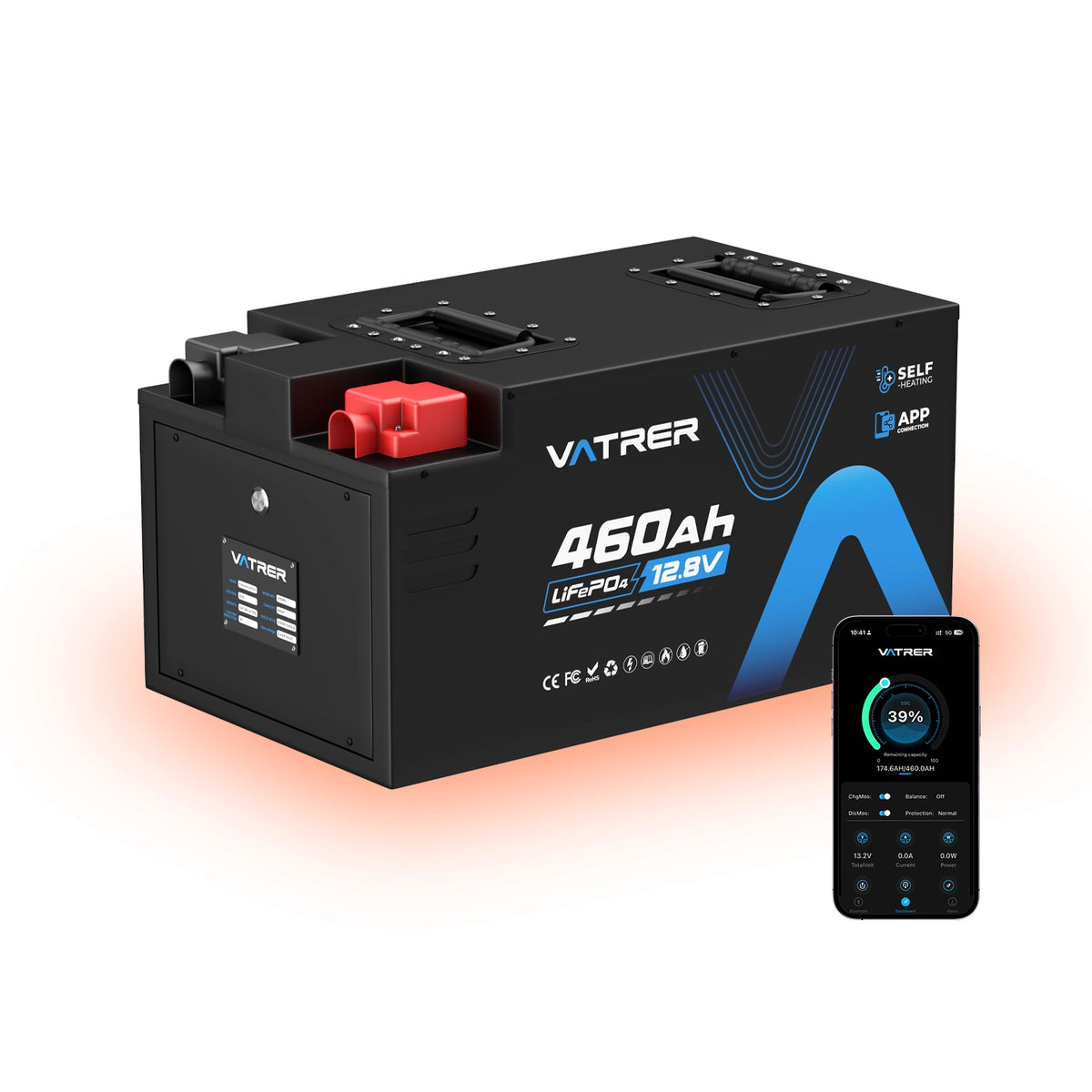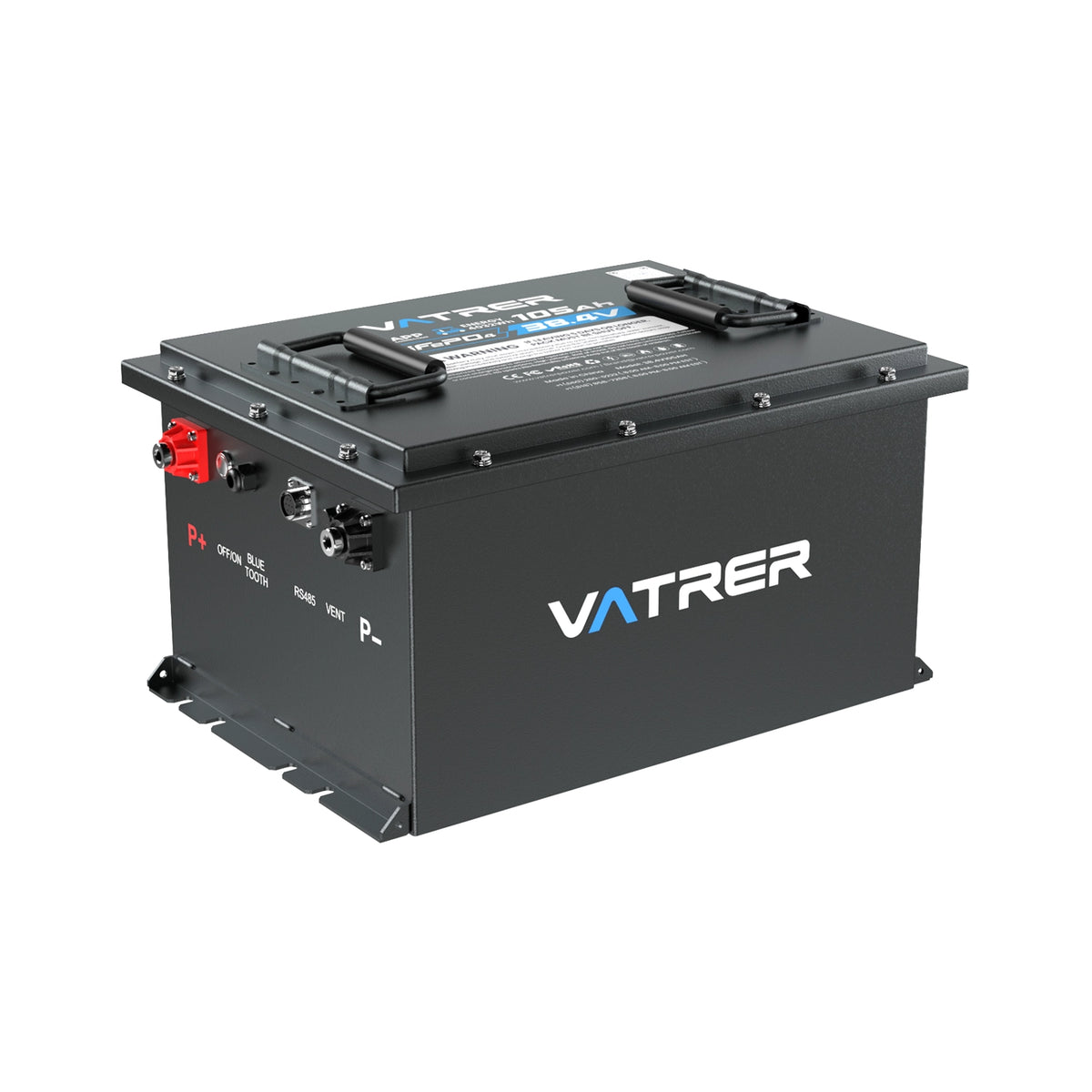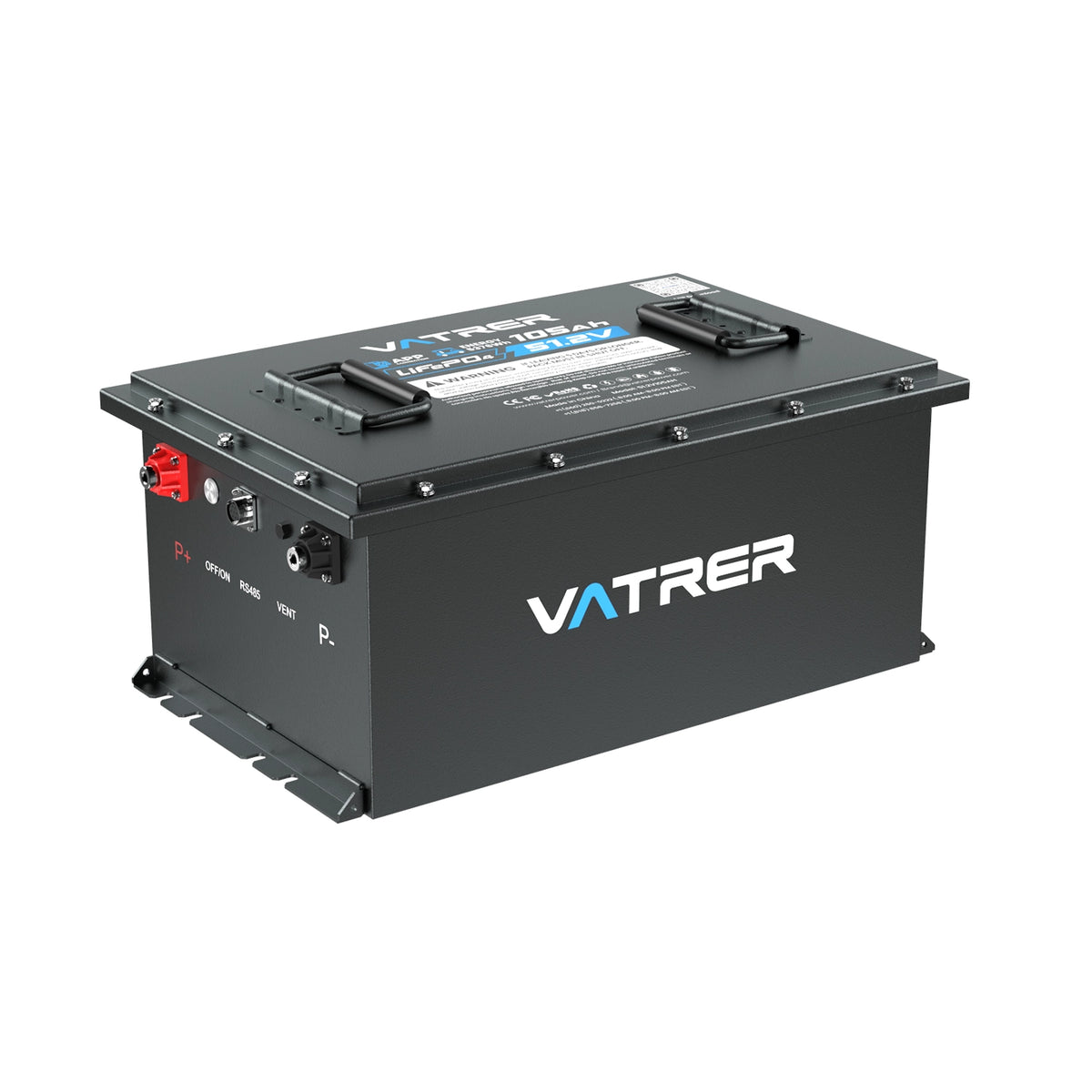1. Introduction
In the realm of batteries, the term "Ah" or "ampere-hour" is a critical specification that often appears on battery labels. Understanding what Ah means is essential for anyone who uses devices powered by batteries, from smartphones to electric vehicles. This paper aims to elucidate the concept of ampere-hours, its significance in battery technology, and how it influences the performance and selection of batteries.
Definition of Ampere-hour (Ah)
An ampere-hour (Ah) is a unit of electric charge that quantifies a battery's capacity. It represents the amount of current a battery can deliver over a specified period. For instance, a battery rated at 10 Ah can theoretically provide 10 amperes of current for one hour, or 1 ampere for 10 hours, depending on the load.

Importance of Understanding Ah in Batteries
Understanding the Ah rating of a battery is crucial for several reasons. It helps consumers and engineers determine how long a battery can power a device before needing a recharge. This knowledge is vital for selecting the right battery for specific applications, ensuring that devices operate efficiently and reliably.
2. Basic Concepts
Explanation of Electric Charge and Current
Electric charge is a fundamental property of matter that causes it to experience a force when placed in an electromagnetic field. Current, measured in amperes (A), is the flow of electric charge through a conductor. One ampere represents the flow of one coulomb of charge per second.
Relationship Between Ah, Current, and Time
The relationship between ampere-hours, current, and time is straightforward: Ah = Current (A) × Time (hours). This formula indicates that the capacity of a battery (in Ah) is the product of the current it can supply and the duration for which it can supply that current.
3. Calculating Ah
Formula for Calculating Ah
To calculate the Ah of a battery, you need to know its voltage (V) and watt-hour (Wh) rating. The formula is:
This equation allows you to determine the ampere-hour rating by dividing the energy capacity (in watt-hours) by the voltage.
Examples of Ah Calculations for Different Devices
-
Smartphone Battery: A smartphone with a 15 Wh battery and a voltage of 3.7 V has an Ah rating of:
This means the battery can supply 4.05 amperes for one hour.
-
Laptop Battery: A laptop with a 60 Wh battery and a voltage of 12 V has an Ah rating of:
-
Car Battery: A car battery with a 600 Wh capacity and a voltage of 12 V has an Ah rating of:
Here is a table outlining common capacities and applications for 12V, 24V, 36V, 48V, and 72V lithium batteries:
|
Voltage |
Common Capacities (Ah) |
Typical Applications |
|---|---|---|
|
12V |
10Ah, 20Ah, 50Ah, 100Ah |
Small electronics, backup power, marine applications |
|
24V |
20Ah, 50Ah, 100Ah |
Electric bikes, scooters, small solar systems |
|
36V |
10Ah, 20Ah, 30Ah, 50Ah, 100Ah |
Electric bicycles, golf carts, light electric vehicles |
|
48V |
20Ah, 50Ah, 100Ah |
Electric scooters, solar energy storage, forklifts |
|
72V |
20Ah, 40Ah, 60Ah |
High-performance electric vehicles, industrial equipment |
This table provides a general overview and the actual capacity and application can vary based on specific battery models and manufacturers.
4. Factors Affecting Battery Capacity
Temperature Effects
Temperature significantly impacts a battery's capacity and performance. High temperatures can accelerate chemical reactions within the battery, reducing its lifespan and capacity. Conversely, low temperatures can increase internal resistance, limiting the battery's ability to deliver current.
Age and Wear of the Battery
As batteries age, their capacity diminishes due to chemical degradation and physical wear. This natural aging process reduces the effective Ah rating over time, affecting the battery's performance.
Discharge Rates and Their Impact
The rate at which a battery discharges affects its capacity. Higher discharge rates can lead to increased internal resistance and heat generation, reducing the effective capacity. This phenomenon is described by Peukert's Law, which states that the faster a battery is discharged, the less total energy it can deliver.
5. Practical Applications
How Ah Ratings Influence Battery Selection
When selecting a battery, the Ah rating is a critical factor. Devices with high power demands require batteries with higher Ah ratings to ensure adequate performance and runtime. For example, electric vehicles need batteries with large Ah capacities to provide sufficient range.
Comparing Batteries Based on Ah
Comparing batteries based on their Ah ratings allows consumers to choose the most suitable option for their needs. A higher Ah rating generally indicates a longer runtime, making it preferable for applications requiring extended use without recharging.
6. Extending Battery Life
Tips for Maintaining Battery Capacity
To maintain battery capacity, users should avoid exposing batteries to extreme temperatures, overcharging, or deep discharging. Regularly charging the battery before it is fully depleted can also help prolong its lifespan.
Best Practices for Charging and Discharging
Adhering to manufacturer guidelines for charging and discharging can significantly extend a battery's life. Using a compatible charger and avoiding prolonged charging sessions can prevent overcharging, which can damage the battery.
FAQs about Ah (Ampere-hour) in Batteries
-
What does Ah mean on a battery? Ah, or Ampere-hour, is a unit of measurement that indicates a battery's energy capacity. It represents the amount of current a battery can provide over the course of one hour.
-
Does a higher Ah rating mean more power? Not necessarily. A higher Ah rating means the battery can deliver a specific current for a longer period, but it doesn't directly equate to more power. Power is a function of both voltage and current.
-
How is Ah calculated for a battery? To calculate the Ah of a battery, you can use the formula: Ah = Current (I) x Discharge time (T). For example, if a battery provides 10 amps for 5 hours, it has a capacity of 50 Ah.
-
Why is the Ah rating important? The Ah rating helps determine how long a battery can power a device before needing a recharge. It is crucial for matching a battery's capacity with the energy requirements of specific applications.
-
Can I use a battery with a higher Ah rating in my device? Yes, using a battery with a higher Ah rating can provide longer runtime for your device. However, ensure that the voltage and other specifications are compatible with your device.
-
How does Ah affect battery life? While a higher Ah rating can mean longer runtime, it doesn't necessarily affect the overall lifespan of the battery. Battery life is influenced by factors such as charge cycles, temperature, and usage patterns.
-
Is Ah the only factor to consider when choosing a battery? No, while Ah is important for determining capacity, you should also consider voltage, size, weight, and the specific requirements of your device or application.
7. Conclusion
Summary of Key Points
Understanding the concept of ampere-hours (Ah) is essential for anyone using battery-powered devices. The Ah rating provides valuable information about a battery's capacity and potential runtime, influencing battery selection and usage.
Final Thoughts on the Significance of Ah in Batteries
The Ah rating is a fundamental specification that determines a battery's suitability for various applications. By understanding and considering this rating, users can make informed decisions, ensuring their devices operate efficiently and reliably. As battery technology continues to evolve, the significance of Ah will remain a cornerstone in the development and application of energy storage solutions.






